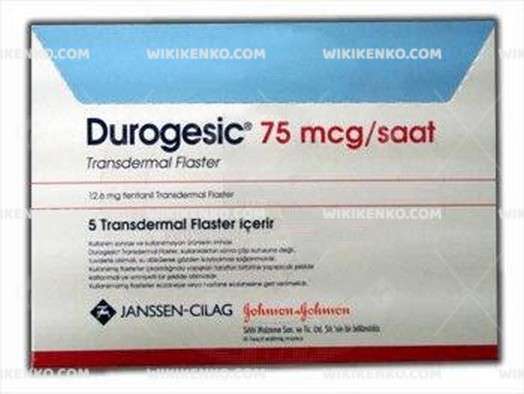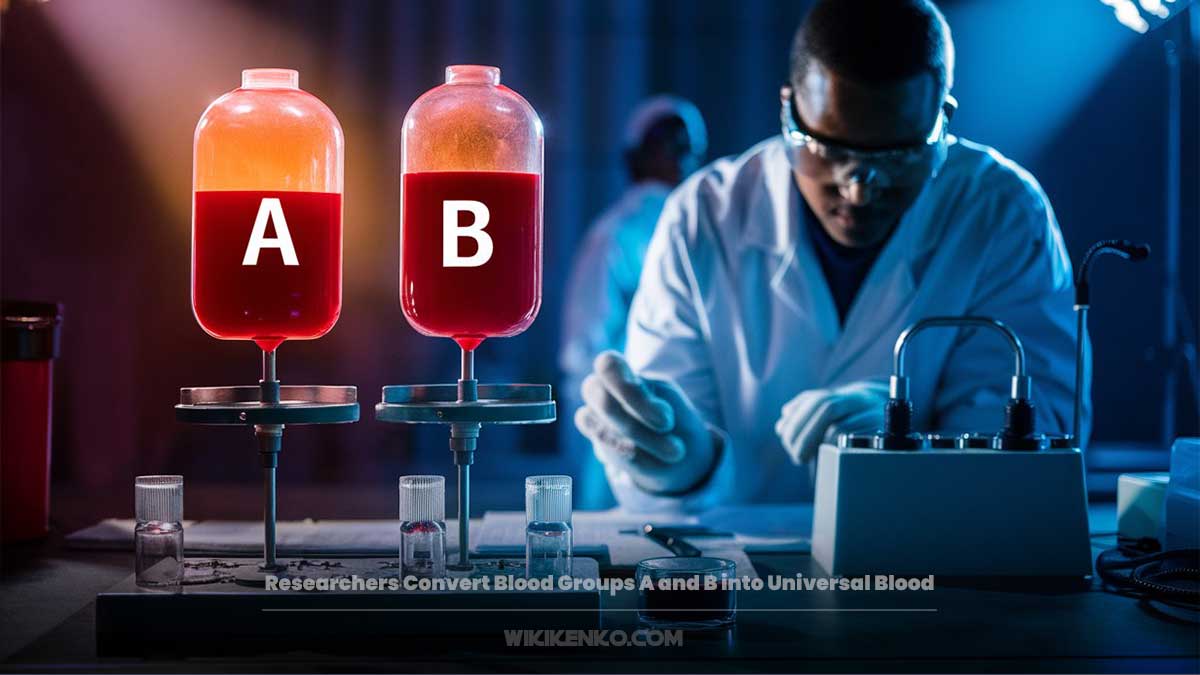Description
The Active Ingredient
Adeleks is fortified with thiocolchicoside, the key player behind its therapeutic prowess. Thiocolchicoside, with its muscle-relaxing, anti-inflammatory, and analgesic effects, takes center stage as the primary contributor to Adeleks’ efficacy.
In its role as a muscle relaxant, Adeleks showcases its mettle in mitigating painful stiffness and constriction associated with an array of musculoskeletal maladies. Its applications extend to addressing concerns within the muscles, nerves, spine, and joints.
Adeleks Administration
Adeleks’ dosage recommendations are structured for optimal results and safety. The following guidelines outline its administration:
- Frequency: It is administered twice a day, with a single tablet (equivalent to 8 mg thiocolchicoside) every 12 hours.
- Maximum Daily Dose: The upper limit of daily intake should not exceed two tablets, totaling 16 mg of thiocolchicoside.
- Treatment Duration: A typical course of Adeleks spans 5-7 days, with strict adherence to not surpassing 7 consecutive days.
- Oral Intake: Adeleks tablets are taken orally, accompanied by water, preferably on an empty stomach.
Contraindications: When Adeleks Should Be Avoided
Adeleks finds its place in the therapeutic landscape but should be approached with caution under certain circumstances. It is contraindicated in the following scenarios:
- Hypersensitivity: Individuals displaying hypersensitivity to thiocolchicoside or any excipients should refrain from its use.
- Muscle Weakness: It is unsuitable for cases of flaccid paralysis or muscle hypotonia.
- Pregnancy and Lactation: The use of Adeleks is discouraged during pregnancy, lactation, or in situations where effective contraception is not employed.
- Pediatric Restriction: It is not intended for children under 16 years of age.
Precautions
Epilepsy and Seizure Risk
Patients with epilepsy or those vulnerable to seizures should exercise vigilance while considering Adeleks. Thiocolchicoside, an integral component, has the potential to accelerate seizures, particularly in these individuals. Additionally, one of its metabolites, at higher doses, can induce cellular abnormalities, posing risks of cancer, harm to the unborn, and male infertility.
Monitoring Liver Health
Adeleks demands attention in cases where symptoms suggestive of liver damage surface during the course of treatment. Manifestations such as loss of appetite, nausea, vomiting, abdominal discomfort, fatigue, dark urine, jaundice, or itching should prompt immediate discontinuation of Adeleks, with a simultaneous pursuit of medical assistance.
Cognizant of Hepatic Metabolism
Adeleks undergoes hepatic microsomal oxidation, mediated by cytochrome P450 liver enzymes. Hence, caution is warranted when co-administering it with medications inhibiting these liver enzymes, such as azole antifungals, macrolide antibiotics, HIV protease inhibitors, and calcium channel blocking agents.
Enhanced Benzodiazepine Response
Interactions with disulfiram or cimetidine may lead to increased plasma levels of benzodiazepines. Close monitoring of patients for amplified benzodiazepine responses may necessitate dosage adjustments.
CNS Depressant Effects
The concomitant use of Adeleks with other medications possessing central nervous system (CNS) depressant effects, such as barbiturates, alcohol, sedatives, antidepressants, hypnotics, anxiolytics, phenothiazines, antipsychotics, skeletal muscle relaxants, antihistamines, narcotic analgesics, and anesthetics, can yield additive CNS depressant effects. Exercise caution, and alcohol should be avoided when utilizing it.
Potential for Altered Responses
Patients on combined benzodiazepine and anticonvulsant therapy should be closely observed for modified responses. Serum level monitoring of the anticonvulsant may require more frequent assessments.
Alternatives
For those considering alternatives to Adeleks, several alternatives within the realm of muscle relaxants and analgesics exist. Here are a few examples:
- Bromazepam: An intermediate-acting tranquilizer for anxiety and panic disorders, with no antidepressant properties.
- Buprenorphine: A potent analgesic for moderate to severe pain or opioid addiction treatment under strict conditions.
- Oxycodone: A robust pain-relieving medication primarily reserved for cancer-related pain, with a high addiction potential.
- Tramadol: Effective for general and nerve-related pain, but may cause dependence.
Side Effects
While Adeleks is generally well-tolerated, some side effects may emerge. These include:
- Photosensitivity: Increased skin sensitivity to sunlight.
- Digestive Irritation: Potential digestive system irritation necessitating gastric protective drugs.
- Diarrhea: Possible diarrhea, warranting dosage reduction.
It’s essential to recognize that this list is not exhaustive, and other side effects may manifest. Always seek guidance from your healthcare provider for comprehensive information about this medication.
Food Compatibility
Adeleks offers flexibility concerning food consumption. While it can be taken with or without food, it is generally recommended to be administered on an empty stomach to enhance absorption. However, if stomach upset occurs, taking it with meals may be considered. The ultimate directive should align with your healthcare provider’s counsel.
In Conclusion
Adeleks, enriched with thiocolchicoside’s potential, emerges as a valuable ally in addressing musculoskeletal concerns. Its precise dosage guidelines, contraindications, precautions, and alternative options equip individuals and healthcare providers with essential insights. As with any medical treatment, informed decision-making, guided by professional consultation, remains paramount for optimizing therapeutic outcomes and ensuring patient safety.
At a glance
| Attribute | Information |
|---|---|
| Active Ingredient | Thiocolchicoside |
| Primary Function | Muscle relaxant with anti-inflammatory properties |
| Indications | Painful muscle spasms, stiffness, joint issues |
| Dosage Recommendations | One tablet (8 mg) every 12 hours, max 16 mg/day |
| Treatment Duration | 5-7 days, not to exceed 7 consecutive days |
| Administration | Orally with water, preferably on an empty stomach |
| Contraindications | Hypersensitivity, pregnancy, lactation, muscle weakness, under 16 years |
| Special Precautions | Epilepsy, risk of seizures, liver damage symptoms, pregnancy risks |
| Interaction Caution | Medicines inhibiting P450 liver enzymes, disulfiram, cimetidine |
| Alternative Options | Bromazepam, Buprenorphine, Oxycodone, Tramadol |
| Side Effects | Photosensitivity, digestive system irritation, diarrhea |
| Food Compatibility | Can be taken with or without food, per provider’s guidance |











Reviews
There are no reviews yet.